British Skydiving Judging
Have you ever competed in a British Skydiving competition? Or perhaps you’ve watched these thrilling events and wondered how teams and individuals are scored? If so, read on to discover how you can become a Skydiving Judge.
What does a skydiving Judge do?
A Skydiving Judge is an official representative of British Skydiving, tasked with evaluating teams and individuals in skydiving competitions according to specific, pre-defined rules. Judges are certified to a British Skydiving National standard, ensuring adherence to national discipline rules.
Judges are the unsung heroes behind every Skydiving Competition, playing a crucial role in maintaining fairness and integrity. A small team of judges attends the various competitions held by British Skydiving throughout the year. They specialise in their respective disciplines, reviewing jumps and scoring teams or individuals based on a strict set of criteria, while remaining impartial in their decisions.
Key Responsibilities of a Skydiving Judge:
- Setting up the competition and managing scores through the InTime IT system.
- Conducting the competition draw, which determines the dive pool for each category. This can be done live or in advance.
- Coordinating with Competition Hosts to ensure the event runs smoothly.
- Briefing panel judges, trainees, and competitors on competition procedures.
- Reviewing footage or assessing jumps according to discipline rules to score teams accurately.
- Directing competitors to the Chief Judge for rule-related questions or appeals.
- Promptly submitting scores on the InTime website during competitions.
- Attending the Prizegiving ceremony to assist in announcing competition results.
- Providing a detailed Judges Report and final results upon competition completion.
Types of Skydiving Judges
Various disciplines in skydiving require judges to support competitions:
Accuracy: Judges set up the wind indicator, tuffet (for Classic), and accuracy pit (for Sports). They assess landings and score based on the competitor’s proximity to the target.
Artistics: Judges manage the InTime scoring system and set up for Compulsory and Free rounds. They evaluate the technical difficulty and execution of performances to generate final scores.
Canopy Formation: Judges configure the InTime scoring system for the jump sequence. They assess the number of sequenced formations completed within the working time.
Canopy Piloting: Judges set up equipment and mark the courses, scoring jumps based on speed, accuracy, distance, and freestyle disciplines.
Formation Skydiving: Judges handle InTime and the draw, scoring each jump according to the number of points per round, with deductions for “busts” like incomplete separations or incorrect formations.
Speed: Judges set up InTime and ensure flysights are calibrated for all competitors, scoring based on the fastest time over three seconds using flysight data.
Wingsuit: Judges set up InTime and calibrate flysights, scoring jumps in Acrobatics (Compulsory and Free rounds) and Performance (Time, Distance, and Speed tasks).
Who can become one?
Anyone with an interest in skydiving and competition scoring can become a judge. No prior skydiving experience is necessary—some of our current judges have never made a parachute descent. If you have a passion for the sport and a desire to learn, judging could be your way to get involved.
Judging also offers an alternative way to support skydiving, especially for those who may no longer be able to participate in jumps due to illness or injury. Many of our judges have transitioned from active skydiving to judging, allowing them to stay engaged with the sport and contribute to competitions.
How can you train?
Training to become a judge requires time, dedication, and patience. The journey begins with attending the British Skydiving AGM, usually held in February, followed by a Judges Seminar in March, where the rules and any updates are discussed. After this, you’ll choose a discipline to focus on as you work towards a National rating.
Once you’ve selected your discipline(s), you’ll be invited to submit your availability for scheduled competitions, which include the UK Skydiving League (UKSL), Grand Prix events, Indoor Skydiving competitions, and National events.
As a trainee judge, you’ll receive lessons and training in your chosen discipline. Under the supervision of a Senior or Chief Judge, you’ll shadow judges at competitions, learning the discipline rules, setting up the InTime system, conducting the draw, inputting teams, and practising shadow-judging during scoring sessions. You’ll also have the opportunity to ask questions and receive feedback, which will be recorded in your logbook and proficiency card.
With increased proficiency and attendance at a National competition, you’ll be recommended to take your National exam. This involves an open-book written exam covering the FAI General Section, Section 5, and discipline-specific Competition Rules, with a passing score of 90%.
Upon passing the exam, you’ll be officially rated as a British Skydiving National Judge.
Fast-Track Judges Course: British Skydiving offers a Fast-Track Judges Course for Formation Skydiving. This intensive programme includes training at the British Skydiving offices and participation in major events, culminating in the opportunity to sit for the National exams in a shorter timeframe.
In 2024 British Skydiving Judges will have attended 17 Competitions
Interested in becoming a judge?
Use the form below to contact the judges’ coordinator Liz Warner to discuss the next steps.
What next?
Judge ratings expire on 31st March each year and are renewed by maintaining currency through British Skydiving Membership and demonstrating competency at competitions, including attendance at a National event.
As you progress, you may advance through various judging roles, from Panel Judge to Event Judge and eventually Chief Judge at British Skydiving Nationals. You may also pursue an internationally recognised FAI Judge rating, allowing you to judge at International and World meets.
Additionally, you can obtain ratings in other disciplines following the same trainee judge process, with the potential for quicker training due to overlapping skills. Passing the open-book exam on the Competition Rules is required.

